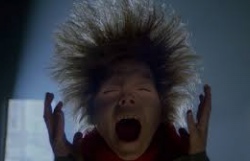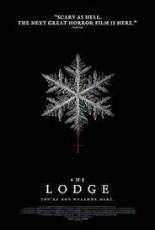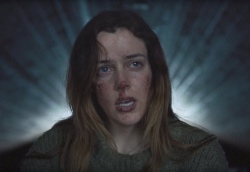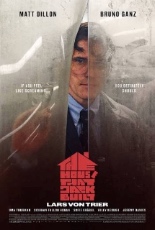
 I had a short-lived friendship with a person who once, while drunk and on a bridge-burning rampage, told me they were a disciple of Lars von Trier and believed in his supposed theories of “absolute depravity.”
I had a short-lived friendship with a person who once, while drunk and on a bridge-burning rampage, told me they were a disciple of Lars von Trier and believed in his supposed theories of “absolute depravity.”
I hauled ass out of that person’s life not too soon after.
I feel like I made more than the right choice to vacate after viewing the film The House That Jack Built and, even more so, after the fact that von Trier cast Hollywood meathead Matt Dillon as an unrepentant serial killer. True to form, it’s a 152-minute movie with the doltish Dillon trying his best to act menacing, a seemingly impossible feat that I can’t tell if von Trier is genuinely exploiting or caustically insulting.
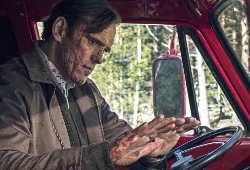 Told in six chapters labeled “incidents,” the killer career of Jack is followed, in a typically detached way that will cause the smarter people in the audience to smirk in unison, as women are brutally murdered, including a mother who watches him slaughter her two small children, and a verbally abused girlfriend who get her breasts sliced off and made into a purse in purely pornographic detail.
Told in six chapters labeled “incidents,” the killer career of Jack is followed, in a typically detached way that will cause the smarter people in the audience to smirk in unison, as women are brutally murdered, including a mother who watches him slaughter her two small children, and a verbally abused girlfriend who get her breasts sliced off and made into a purse in purely pornographic detail.
The film only becomes slightly interesting in the epilogue where Jack finds himself in the afterlife with the poet Virgil (Bruno Ganz), traveling through an eerily low-budget version of the circles of hell, leading to the only truly satisfying moment of the movie: his well-deserved casting off into the unholy flames.
The main problem with The House is that by now, the boundaries that von Trier has supposedly pushed over the past few decades have become more rote and routine than anything else; this serial killer sex fantasy has been done by better directors with a far more meaningful takes on the subject matter rather than the angry middle-schooler scribbling that, per von Trier’s own words, “life is evil and soulless.”
I hate to say it, but, like I outgrew my former friend’s notable antics, I think I might have outgrown von Trier’s insignificant shock value as well. Is that maturity? —Louis Fowler

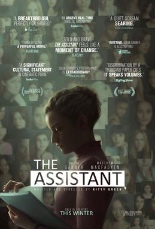
 Fresh from a well-deserved Emmy win for the Netflix crime series Ozark, Julia Garner faces arguably more dangerous territory in — and as —
Fresh from a well-deserved Emmy win for the Netflix crime series Ozark, Julia Garner faces arguably more dangerous territory in — and as — 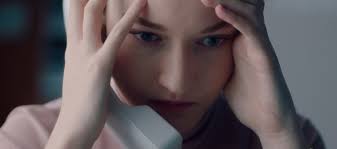

 In many sports, a “hot dog” is typically a nickname for a skillful show-off, but, in context of the ski-slope sex comedy
In many sports, a “hot dog” is typically a nickname for a skillful show-off, but, in context of the ski-slope sex comedy 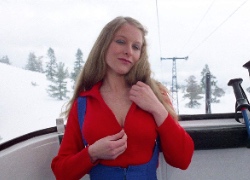
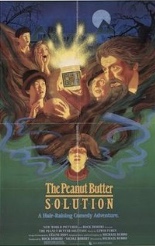
 I vaguely remember, as a child, watching a creepy French movie about a child who undergoes immediate baldness and somehow ends up in a slavery ring. In the pre-internet age, however, I was not able to find it and eventually chocked it up to being some sort of a spooky fever dream.
I vaguely remember, as a child, watching a creepy French movie about a child who undergoes immediate baldness and somehow ends up in a slavery ring. In the pre-internet age, however, I was not able to find it and eventually chocked it up to being some sort of a spooky fever dream.